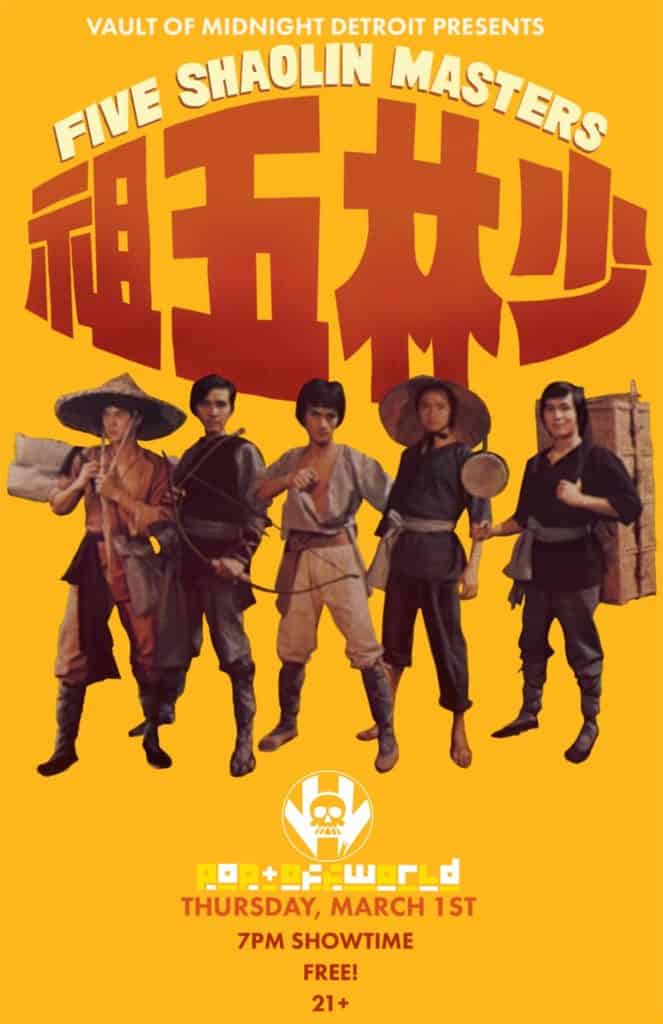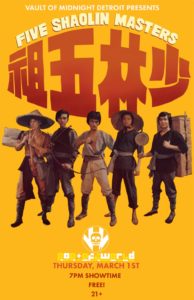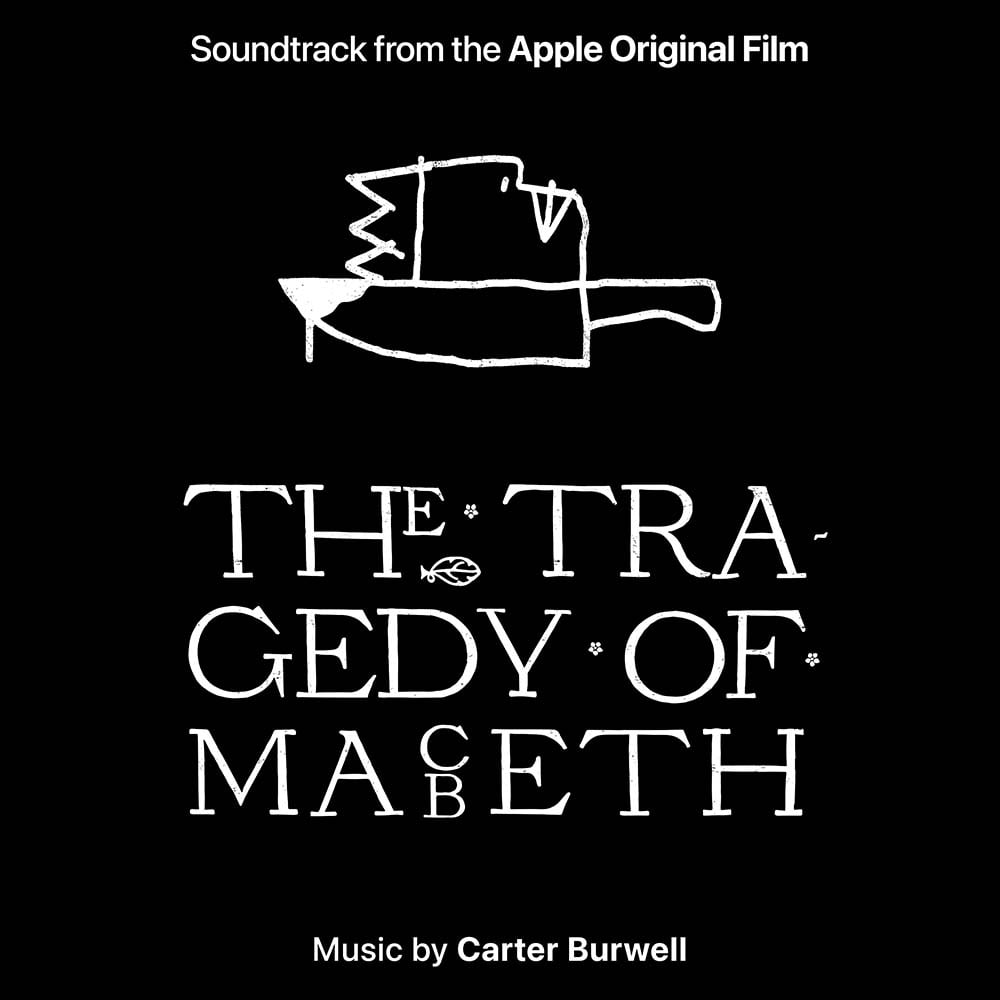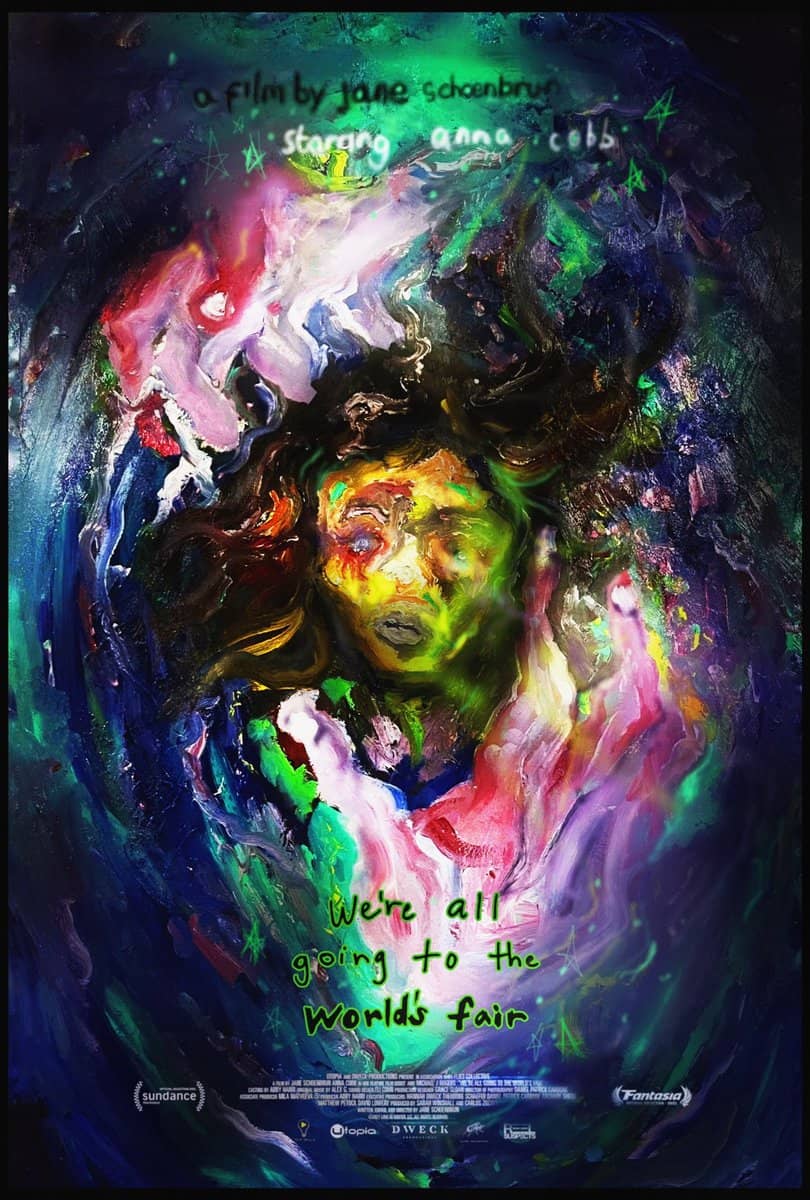
I used to watch quite a few martial arts/Kung Fu films when I was younger, but the practice fell by the wayside in subsequent years. Like many in the West, I eventually didn’t take the genre seriously, viewing it as little more than a curiosity of mindless action. This was wrong (as well as narrow-minded and pretentious).
Five Shaolin Masters tells the story of the conflict between the Shaolin and the Manchu during the Qing Dynasty. Invading forces destroy a Shaolin temple, but five students escape and vow to get their revenge. It’s an incredibly simple plot built to induce a stream of nearly nonstop action. And it does this well, with fights choreographed by brothers Lau Kar Leung and Lau Kar Wing (the former having directed iconic films in the genre such as The 36th Chamber of Shaolin and Drunken Master II). So far this is all relatively standard fair for martial arts films. But what sets Five Shaolin Masters apart is the surprising level of vulnerability shown throughout. Rather than seemingly unstoppable protagonists, the titular five Shaolin masters feel inferior to their Manchu counterparts and recognize the unlikelihood of their success.
This feeling is cemented by composer Yung-Yu Chen’s score. Much of the score involves a slow, sorrowful motif repeated throughout, played across a variety of electronic-sounding instruments. Chen uses this theme cleverly, not simply in the film’s more somber moments, but also as a prelude to some of the more impactful action scenes, adding a level of maturity and consequence to the fights that follow. More importantly, though, Chen’s motif is a constant reminder of the specter of death that lingers throughout the film. From the beginning it sets a foreboding tone, telling the viewer that the Shaolin will face a long road of death. Appropriately, Chen’s score (and the film itself) are bereft of glorifying moments that would break this tone.
Despite the strength of this motif, the score isn’t all good. Often it very obviously borrows from earlier Hollywood scores with larger, martial brass moments. These are competent but come off as rather generic and uninspired. At other times, the score seems to be slightly off from what appears on screen (particularly in the opening montages), making for a cluttered and amateurish experience.
I’ll confess that watching Five Shaolin Masters has exposed my ignorance of Asian film music. Despite over 200 credits to his name and having scored classics such as The 36th Chamber of Shaolin and Five Deadly Venoms, I’d never heard of Yung-Yu Chen. I imagine most others in the West haven’t either, particularly since it’s seemingly impossible to find even a compilation album of his cues, let alone a full score. I suspect there’s a trove of excellent tracks waiting to be re-discovered from this prolific composer.
An alternate, video-review of this score ca now be found here.



